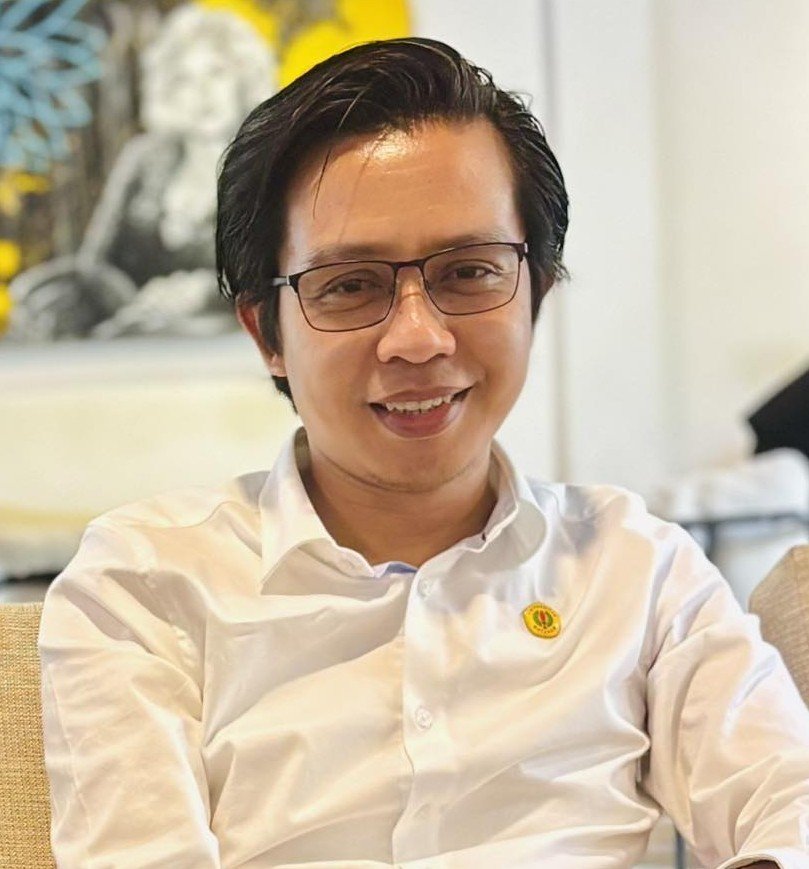Abstract
One of the fundamental problems of culture is the management of discourse. An individual can sometimes become an object of manipulation by the person controlling the discourse. During the proper discourse, it is possible to control and guide both people with mental disorders and those in custody. In modern scientific literature, the term discourse replaces the terms "style" and "language". For example, if earlier the expressions Shakespeare's style or Shakespeare's language were used, now the expressions political discourse, Ronaldo Reagan's discourse are more popular. In the research work, analysis of questions such as "Whose discourse? How discourse?" is given place, including the the study of discourse experience. Discourse - has stylistic features behind which there is a certain ideology. Here, the topic of the discussion, methods, scope of influence, etc. play an important role.
Keywords:
Authority Discourse Language Political StyleReferences
Baranof, A. (1990). Linguistic theory of argumentation. 24 p.
Baranof, A. (1999). Political discourse: farewell to ritual. № 6. pp. 108–118
Bazılyef, V. (1999). Self-portraits of politicians: from psychopoetics to psychopolitics. Moscow. 235 p.
Belozerofa, N., Chufistofa, L. (2004). Cognitive models of discourse. TyumGU. 256 p.
Bezmenofa, N. (1989). Speech influence as a rhetorical problem. 178 p.
Deyk, T. (1989). Language. Cognition. Communication. Progress. 312 p.
Dijk, T. A., van. (2000). Cognitive discourse analysis. http://www.discourse in-society.org/teun.htm
Dijk, T., A van. (2001). Political Discourse and Ideology. http://www.discoursein-society.org/dis-pol-ideo.htm
Dijk, T. A., van. (1998). What is political discourse analysis? Amsterdam.
Habibullayefa, N. (2021). Ways of verbalization of ideology concept in American discourse. Baku.
Popofa, E. (1994). Political discourse as a subject of cultural-linguistic study. Peremena, pp. 143-152.
Rathmayr, R. (1995). Neue Elemente im russischen politischen Diskurs seit Gorbatschow. Wien: Passagen, pp. 195–214
Sheygal, Y. (2000). Semiotics of political discourse. Peremena. 368 p.
Sheygal, Y. (1998). Structure and boundaries of political discourse / Philology. № 14. pp. 22–29
License
Copyright (c) 2024 Nigar Babayeva

This work is licensed under a Creative Commons Attribution 4.0 International License.
You are free to:
- Share — copy and redistribute the material in any medium or format for any purpose, even commercially.
- Adapt — remix, transform, and build upon the material for any purpose, even commercially.
The licensor cannot revoke these freedoms as long as you follow the license terms.
Under the following terms:
- Attribution — You must give appropriate credit, provide a link to the license, and indicate if changes were made. You may do so in any reasonable manner, but not in any way that suggests the licensor endorses you or your use.
- No additional restrictions — You may not apply legal terms or technological measures that legally restrict others from doing anything the license permits.
Notices:
You do not have to comply with the license for elements of the material in the public domain or where your use is permitted by an applicable exception or limitation.
No warranties are given. The license may not give you all of the permissions necessary for your intended use. For example, other rights such as publicity, privacy, or moral rights may limit how you use the material.




